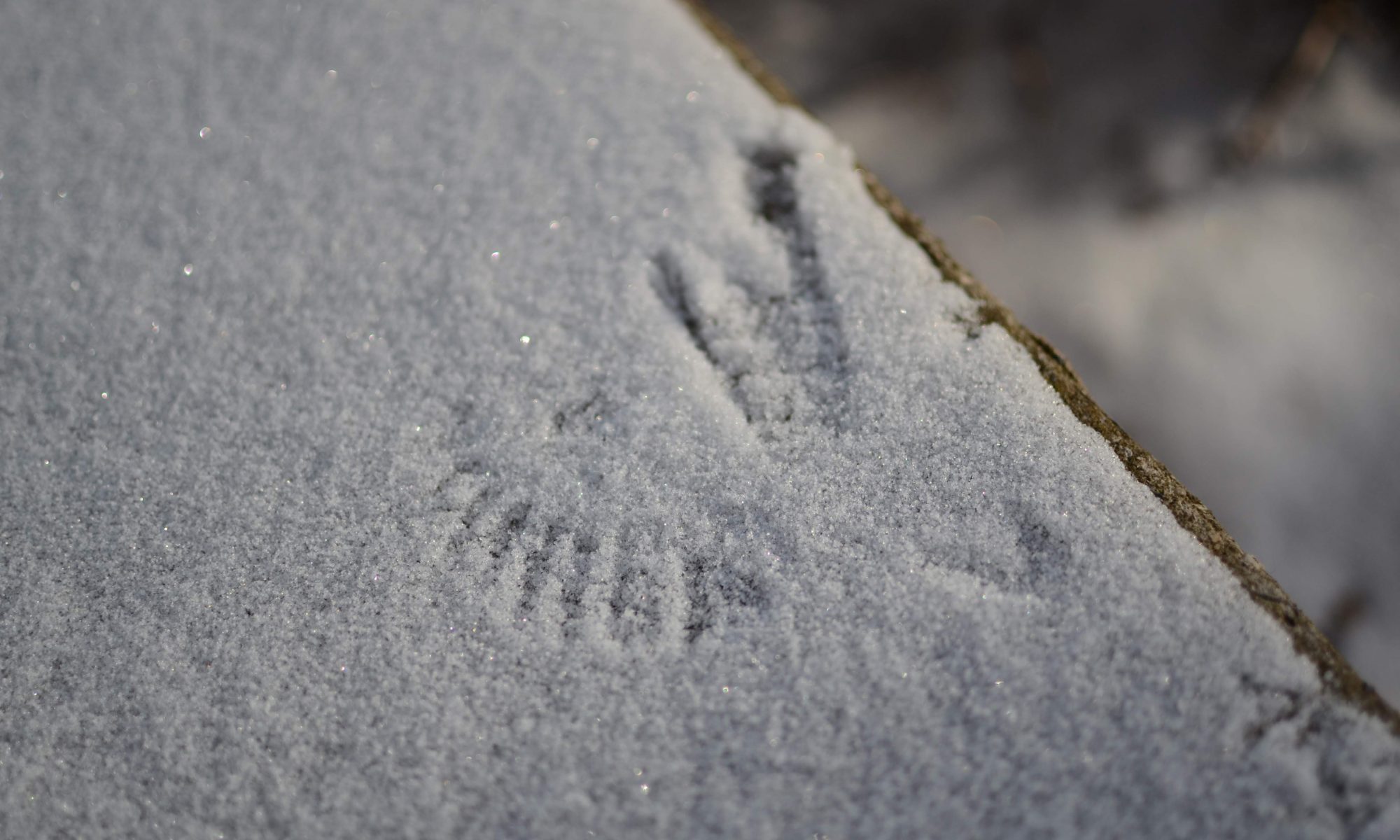When I was a younger man, I used to fancy strategy wargames. I thought I was pretty good at them too, until I played Stea. Stea was a hacker's hacker, the man who first taught me Unix, a person for whom logical forms of abstraction and analysis were as natural as breathing. By the time I started my second turn of our game, I had already lost. There were better moves I could make, and worse moves, but all the moves I could make lead to me losing. That, I learned, was what the art of strategy was: the practice of giving your opponent only losing moves.
To me, that's what Netflix announcing it will be spinning off its DVD-by-mail service looks like, a losing move made by a desperate player. The best analysis I've seen as to why Netflix would take this seemingly counter-intuitive move argues that Netflix is intentionally throwing by mail DVD distribution overboard, ridding itself of the expensive baggage of distribution centers, warehouses and (paging Nicholas Carr) workers to move forward into a future dominated by digital streaming. Discs are dead. Burn the boats.
This logic makes sense, but can Netflix survive on the ground it is moving forward onto? As a distributor of physical discs, Netflix enjoyed the protection of the first sale doctrine, which holds that purchasers of books, video cassettes, DVDs, Blu-ray discs, or other tangible copies of media, have the right to do as they please with that particular copy. The first sale doctrine meant that Netflix was free to rent the same discs sold to consumers, and that publishers couldn't easily stop them from running a rental business without withholding content from the general public. In a sense, Netflix got its start by being a bit of a clever hack, leveraging the first sale doctrine and business reply mail rules to build an innovative and inexpensive way for consumers to access a vast library of video recordings.
In the streaming environment, things are different. Netflix must obtain permission from publishers to stream movies to consumers. If it wants, say access to NBC Universal content, it has to deal with Comcast. Why should a vertically-integrated entity like Comcast allow Netflix to take a piece of the action for streaming content it owns across a network it also owns large pieces of (and which it has already attempted to limit Netflix's access to)? I don't see how that equation works. All Netflix has to bring to the table here is the good will of its customers, good will it hasn't exactly been cultivating of late.
That said, they may retain me, at least, as a customer for a little while longer. The reason? They are keeping the envelopes red. The other thing I learned, all those years ago, watching Stea march his armies toward me across the game board in impeccable order, is that I am a hopeless romantic. I was too busy building beautiful bomber formations to bother with actually winning the game. As long as I can get red envelopes in the mail, I'll probably stick with Netflix (or qwickster, or whatever) until the end of their losing game.



